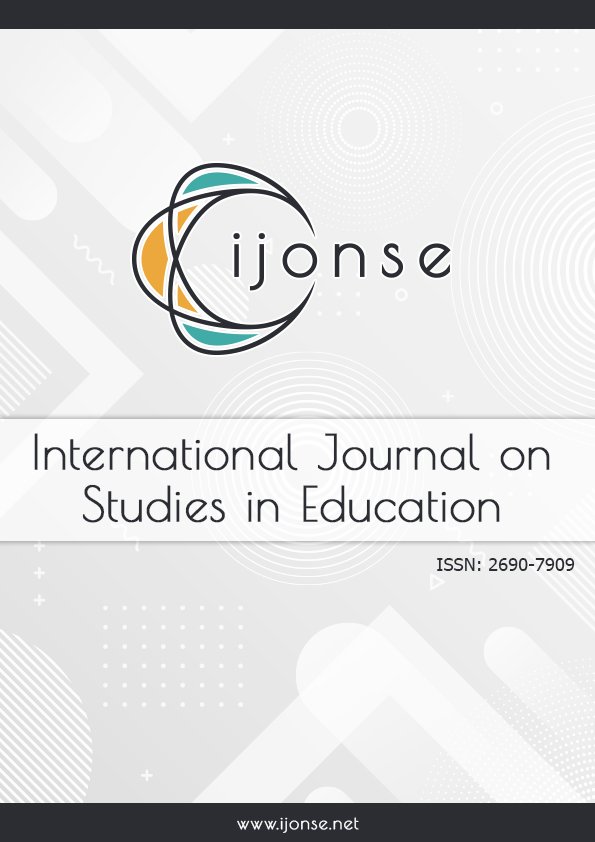What Do Students Perceive from the Syllabus? The Importance of Syllabi to Communicate Belonging and Promote Engagement
DOI:
https://doi.org/10.46328/ijonse.174Keywords:
Syllabi, Belonging, Engagement, Student perceptionsAbstract
Syllabi are introductions and, like first impressions, can affect one’s outlook. The current study is part of a larger evaluation of diversity, equity, and inclusion (DEI) in academic spaces; here we hoped to determine if research aligns with students’ perceptions. Prior studies suggest syllabus qualities that signal belonging and increase engagement, especially for underrepresented students. Participants rated syllabi from different years. We anticipated that 2015-16 syllabi, before DEI objectives were enacted, would have fewer identity safety cues, less emphasis on inclusion, and focus less on diversity concepts compared to 2021-22 syllabi, after DEI objectives were prioritized. The latter were rated as more inclusive, more engaging, promoting greater belonging, and having a more approachable instructor. In comparisons by group, POC and white students did not differ in their perceptions of syllabi from 2015-16 nor did traditional and non-traditional students. Perceived changes from 2015-16 to 2021-22 syllabi revealed differences by social identities. White students perceived greater changes in instructor attributes and belonging over POC students, and traditional students rated greater changes in belonging, engagement, and instructor attributes than non-traditional students. These outcomes suggest that our DEI efforts are not being perceived equally among students, which ultimately may affect student motivation and outcomes.Downloads
Additional Files
Published
Issue
Section
License
Articles may be used for research, teaching, and private study purposes. Authors alone are responsible for the contents of their articles. The journal owns the copyright of the articles. The publisher shall not be liable for any loss, actions, claims, proceedings, demand, or costs or damages whatsoever or howsoever caused arising directly or indirectly in connection with or arising out of the use of the research material.
The author(s) of a manuscript agree that if the manuscript is accepted for publication in the International Journal on Studies in Education (IJonSE), the published article will be copyrighted using a Creative Commons “Attribution 4.0 International” license. This license allows others to freely copy, distribute, and display the copyrighted work, and derivative works based upon it, under certain specified conditions.
Authors are responsible for obtaining written permission to include any images or artwork for which they do not hold copyright in their articles, or to adapt any such images or artwork for inclusion in their articles. The copyright holder must be made explicitly aware that the image(s) or artwork will be made freely available online as part of the article under a Creative Commons “Attribution 4.0 International” license.

This work is licensed under a Creative Commons Attribution-NonCommercial-ShareAlike 4.0 International License.





